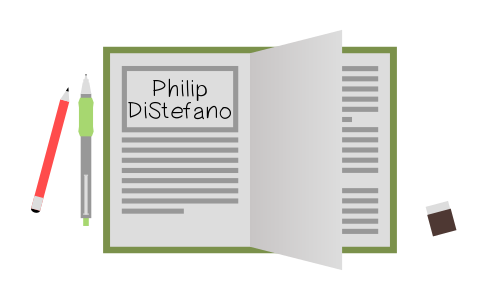The most common perspective you will generally see in writing is third person (“she went to the store”), usually combined with the past tense. This is a safe bet for almost every writer. Third person point of view can be omniscient (the narrator knows everything) or limited (the narrator sees everything, but doesn’t know what characters are thinking unless they say it). Some writers also choose to write in first person in the past tense (“I went to the store”), which is generally another safe choice. Very few books are written in second person (“you went to the store”), and many that are follow a “choose your own adventure” type of plot. I wouldn’t advise this perspective, as you’d do best sticking with first or third.
Thinking about writing a novel in the future tense makes my head hurt. If you google this, the most popular example that comes up is Aura, by Carlos Fuentes (a Spanish language book). I’d say this would be incredibly difficult to do and should be avoided completely, or at least until you have a better footing in the writing world and are feeling adventurous.
Writing in the present tense is an interesting choice – one that I’ve seen called “edgy” – but it can be fun when you’re not pulling your hair out trying to figure out the proper conjugation of a verb (English is hard). A good example of a work written in third person present tense is Snow Crash by Neil Stephenson. This is the tense I wrote my second novel in, and this may sound weird, but just to repeat myself, it was a fun tense to work with. It may not be the best choice for a first time novelist, but if you’re set on it, I won’t discourage you. Just know that you are setting yourself up for slightly more work if it’s not something you’re used to.
I wrote Iterate in first person past tense because first person point of view was crucial to the telling of the story, but the tense could’ve just as easily been switched to present. I wanted Iterate to feel like a more traditional novel, so I chose past tense. It was honestly that simple of a choice for me. While writing, you may decide otherwise, and that’s fine.
Point of view is a more important choice, so let’s get right to what you need to consider when choosing. Any of these points can be pros or cons, depending on the subject of your story and how information needs to be presented, so keep that in mind as well.
- First person point of view
- Deeper connection to character telling the story
- Limited to what narrator knows/sees
- Secrets from non-narrator characters can be kept from the reader very easily
- No look into what other characters are thinking without them directly stating their thoughts
- Third person point of view
- Extremely versatile
- Narrator can know what all characters, one character, or no characters are thinking
- More shallow connection to the characters
- Easier to obscure knowledge/thoughts the main character has from readers
- Extremely versatile
Really though, don’t stress out about this too much. You can almost definitely make first or third person work for your story, and if you really just can’t decide, flip a coin or pick third person. If it was something that was truly important to the vision you have for your story, you wouldn’t be having a difficult time deciding.
